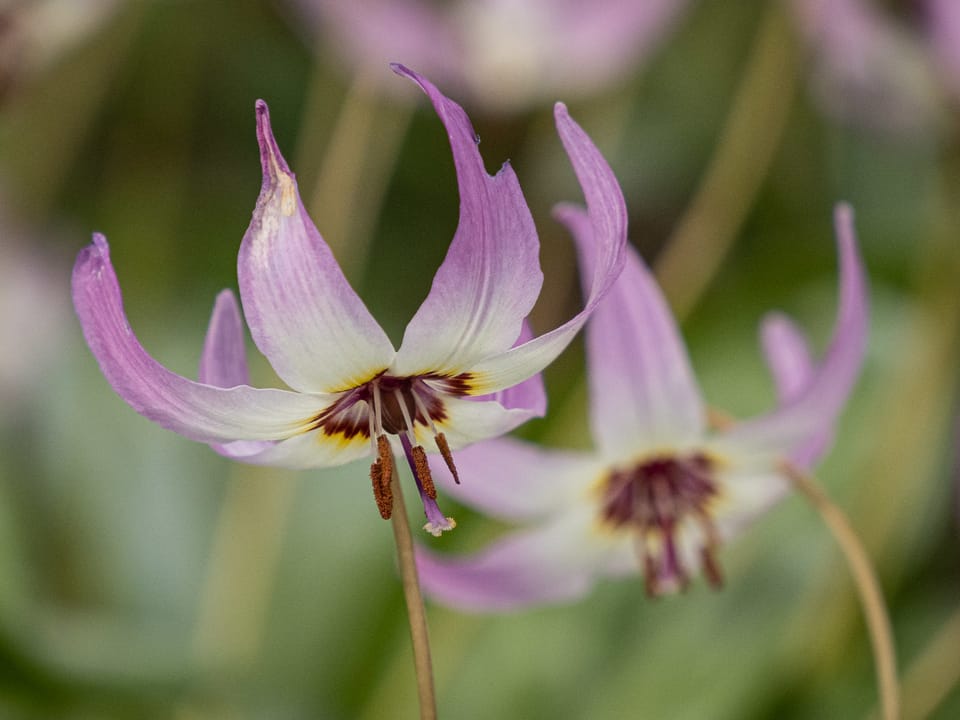EcoWest News, May 7, 2024

Welcome to EcoWest News, a weekly round-up of news and resources that you can put to use in addressing environmental issues and protecting the wild in your community.
Across the West
7 recommendations from CPAWS Manitoba to ensure the province’s upcoming critical minerals strategy doesn’t come at the expense of communities, land, and water. [CPAWS-MB]
8 Manitoba First Nations have filed a lawsuit against the federal, provincial, and municipal governments over the ongoing pollution of Lake Winnipeg and the impact it’s having on the ecosystem as well as the First Nations people who rely on the water. [CityNews]
The carbon capture and storage industry sustained two setbacks this week with the abandonment of an Alberta project and a report that SK’s Boundary Dam project is seriously underperforming. [The Energy Mix]
GrizzTracker, an app gathering data about the bears’ movements in northwest Alberta could help protect the species, but if the province is serious about protecting grizzly bears, it must impose limits on development and roads in bear habitat. [CBC]
Across Canada
Lower emissions indicate Canada’s climate policies are starting to pay off, but further provincial action is needed in 4 key areas: buildings, electricity, oil & gas, and transportation. [Pembina]
Around the World
Five facts about SMRs that the nuclear industry and those who push its message don’t want you to know: they aren’t more economical; they aren’t more secure; they don’t reduce the radioactive waste problem; they don’t use fuel more efficiently; and they can’t be counted on to provide reliable off-the-grid power. [The Equation]
The cruise industry is booming, but so are environmental concerns. Port residents and cruise consumers should demand accountability and transparency. [The Conversation]
Electronic waste is valuable. “If 60% of materials are salvaged, the economic benefit could be as high as US$38 billion per year.” But the best solution of all is to make it easier to repair or refurbish used products and generate no waste at all. [Ensia]
Oil and gas fracking produces radioactive waste. Radiation levels at some oil and gas facilities in small American towns are higher than the Chernobyl exclusion zone. [Desmog]
More than half of Mexico’s forestry is in community and Indigenous hands. This may explain why they have fewer wildfires and great biodiversity. [The Guardian]
Agriculture
BC farmers are turning to regenerative agriculture practices to help them cope with drought. [The Narwhal]
The National Farmers Union believes the federal government, in consultation with farmers, needs to develop a strong, clear sustainable agriculture strategy containing ambitious emission-reduction targets and plans along with significant funding to reduce emissions, speed adaptation, and build resilience. [NFU]
Making a Difference
E-bike incentives in Saanich, BC, resulted in users reducing their car travel by 30-40% and using their bikes 3-4 days a week a year after purchase. The incentives had the greatest impact on people on a lower income. [UBC]
Climate cafés, where people come together to have a conversation on climate-related topics over cake and a cup of tea, can lead to big, concrete actions. “Anywhere a group of people want to get together to learn, grow, and make a difference is the perfect example of local action that can eventually lead to global results.” [Icarus Complex]
5 tips for coexisting with coyotes as neighbours [The Fur-Bearers]
Photo credit: https://www.flickr.com/photos/apmckinlay/52046850834
EcoFriendly West informs and encourages initiatives that support Western Canada’s natural environment through its online publication and the Nature Companion website/app. Like us on Facebook, follow us on Twitter or Mastodon, or subscribe by email.

Member discussion